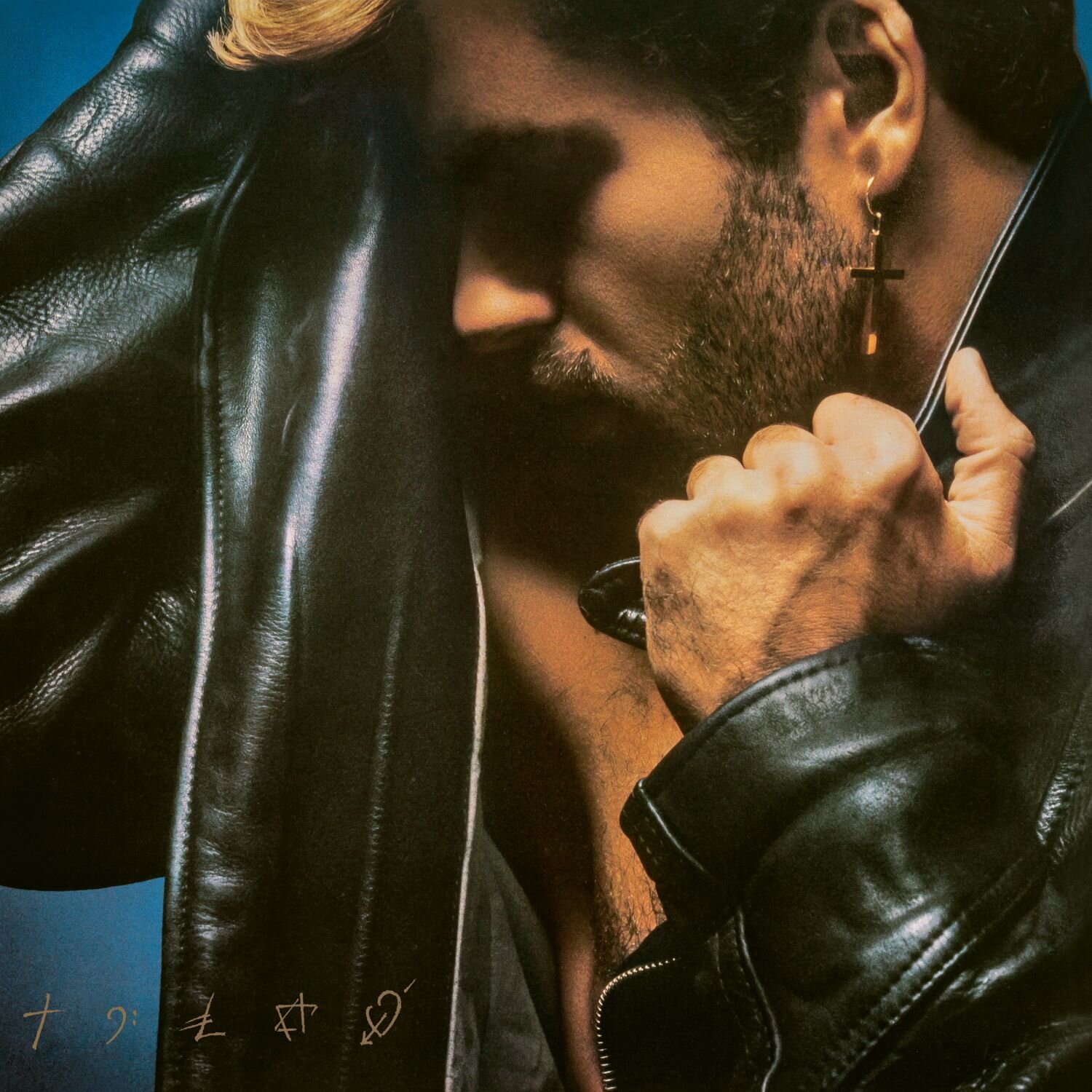
C’è qualcosa di profondamente ironico – e forse necessario – nel fatto che Memorie di Adriano, uno dei romanzi più densi e intimi del Novecento europeo, non sia mai diventato un film. Eppure, il tentativo c’è stato. E a provarci non fu un regista qualunque: John Boorman, autore di film importanti come Leone l’ultimo (Leo the Last), Un tranquillo weekend di paura ( Deliverance), Zardoz, Excalibur, aveva accarezzato a lungo l’idea di portare sullo schermo il celebre libro di Marguerite Yourcenar. Lavorò a lungo con Rospo Pallenberg a una sceneggiatura, poi coinvolse Valerio Massimo Manfredi e Ron Base. Si pensò a grandi attori: Antonio Banderas, poi Daniel Craig. L’inglese HandMade Films era pronta a finanziare il progetto con 30 milioni di sterline, ma tutto sfumò, silenziosamente, come spesso accade ai sogni più ambiziosi.
Forse perché Memorie di Adriano è un’opera che resiste alla rappresentazione visiva. È una lunga lettera immaginaria scritta dall’imperatore romano al giovane Marco Aurelio, il futuro imperatore filosofo. Ma è anche molto più di questo: è una riflessione sull’arte e sul potere, sulla bellezza e sulla morte, sull’eros e sulla malinconia del tempo che scorre. La Yourcenar non si limita a immaginare la voce di Adriano: sembra incarnarla. E chi legge, a distanza di secoli, avverte con chiarezza il peso delle sue parole, la dolcezza pensosa del suo sguardo.
Boorman aveva colto il potenziale cinematografico di tutto questo. Parlava di Adriano come di un visionario, capace di consolidare l’impero ma anche di intuirne le fragilità. Aveva studiato con i curatori della mostra “Empire and Conflict” del British Museum, deciso a raccontare tanto la storia privata quanto quella pubblica dell’imperatore. C’era la musica, la filosofia, le campagne militari, ma soprattutto c’era Antinoo: l’amore perduto che attraversa il romanzo come una ferita sempre aperta.
Non se ne fece nulla. Come se, ancora una volta, il tempo non fosse pronto. O come se la profondità di quelle pagine rifiutasse la semplificazione dell’immagine. Ma resta il tentativo. Resta l’idea che il cinema, anche quando non si realizza, può essere un modo per tornare a leggere. Perché Memorie di Adriano non ha bisogno di effetti speciali: è già un film interiore. Un dialogo con la morte, con l’arte, con la memoria. Con il futuro.
Marguerite Yourcenar ci ha lasciato un’opera inclassificabile, sospesa tra storia e invenzione, tra biografia e meditazione. Il suo Adriano è allo stesso tempo antico e contemporaneo, uomo di potere e poeta, amante e sovrano, spirito inquieto e saggio stanco. Forse, proprio per questo, ogni tentativo di ridurlo a immagine rischia di tradirlo. Eppure, chissà: forse un giorno quel film tornerà. Forse Adriano troverà finalmente un volto, una voce, una forma.
Nel frattempo, rimangono le parole. Quelle che Yourcenar scrisse come se fossero state dettate da Adriano stesso. Parole che ancora oggi ci interrogano sul senso dell’esistere, sul tempo che ci è dato, sull’amore che ci salva e ci distrugge. Parole che – nel silenzio di un film mai fatto – continuano a risuonare più forti che mai.
Boorman’s Interrupted Dream and Hadrian’s Eternal Voice
There’s something deeply ironic – and perhaps necessary – in the fact that Memoirs of Hadrian, one of the most intimate and profound novels of twentieth-century Europe, has never been adapted into a film. Yet the attempt was made. And not by just any director: John Boorman, the visionary filmmaker behind Excalibur and Deliverance, long considered bringing Marguerite Yourcenar’s celebrated book to the screen. He worked with Rospo Pallenberg on an early script, later involving Valerio Massimo Manfredi and Ron Base. Big names were floated – Antonio Banderas, then Daniel Craig. Britain’s HandMade Films was prepared to finance the project with £30 million. And yet, it all faded away. Quietly, as often happens with the most ambitious dreams.
Perhaps because Memoirs of Hadrian is a work that resists being visualized. It is a long imaginary letter written by the Roman emperor to the young Marcus Aurelius, his adopted grandson and successor. But it is also much more than that: a meditation on art and power, beauty and death, desire and the melancholy passage of time. Yourcenar doesn’t merely imagine Hadrian’s voice – she seems to become him. And readers, across centuries, can feel the weight of his words, the thoughtful gentleness of his gaze.
Boorman had grasped the cinematic potential of all this. He spoke of Hadrian as a visionary, a ruler capable of consolidating the empire while also sensing its fractures. He studied with the curators of the British Museum’s Empire and Conflict exhibition, determined to depict both the emperor’s public achievements and his inner world. There would be music, philosophy, military campaigns – but above all, there would be Antinous: the lost love who haunts the novel like an ever-bleeding wound.
In the end, it didn’t happen. As if, once again, the world wasn’t ready. Or as if the depth of those pages refused to be flattened into image. And yet, the attempt remains. So does the idea that cinema, even when unrealized, can become a way back to reading. Because Memoirs of Hadrian doesn’t need special effects – it’s already a film of the soul. A dialogue with death, with memory, with art. And with the future.
Marguerite Yourcenar left us an unclassifiable masterpiece, suspended between history and invention, biography and philosophical meditation. Her Hadrian is both ancient and modern, warrior and poet, lover and emperor, a restless spirit and a weary sage. Perhaps that is precisely why every attempt to condense him into image risks betraying him. And yet, who knows: maybe one day the film will return. Maybe Hadrian will finally find a face, a voice, a form.
In the meantime, the words remain. The ones Yourcenar wrote as if dictated by Hadrian himself. Words that still question us about the meaning of existence, the time we are given, the love that saves and destroys us. Words that – in the silence of an unmade film – continue to resonate louder than ever.
Photo credits WinoksbergenBernhard De Grendel, CC BY-SA 4.0 <https://creativecommons.org/licenses/by-sa/4.0>, via Wikimedia Commons
.jpeg)


